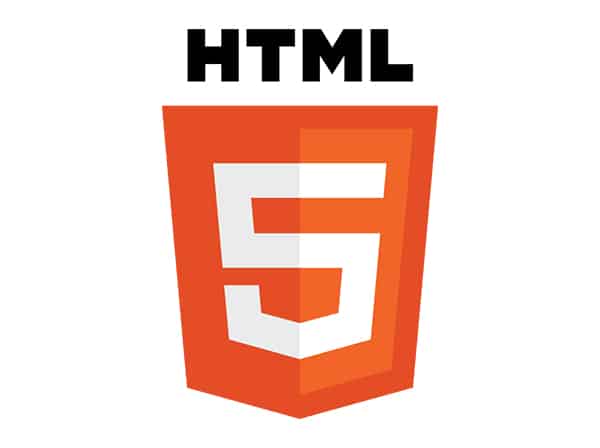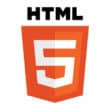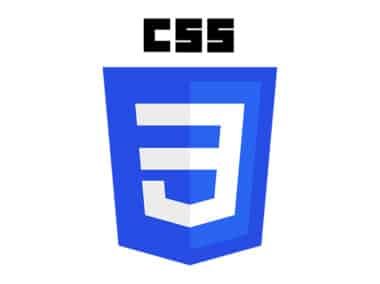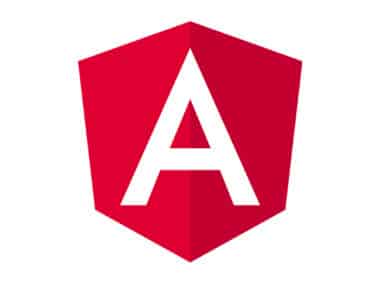HTML is the foundation of web design. With HTML elements, you can structure your content and make your website or web application more presentable. This document will cover the basics of HTML elements such as headings, paragraphs, and lists. We will also go over more advanced concepts like forms and tables.
Headings
Headings are used to define the structure of the content on a web page. They are numbered from H1 to H6, with H1 being the largest and most important heading. Headings should be used to create a logical hierarchy of information on your page.
<h1>This is an H1 heading</h1>
<h2>This is an H2 heading</h2>
<h3>This is an H3 heading</h3>
<h4>This is an H4 heading</h4>
<h5>This is an H5 heading</h5>
<h6>This is an H6 heading</h6>
Paragraphs
Paragraphs are used to separate blocks of text on a web page. Use paragraphs to break up long pieces of text into smaller, more manageable chunks.
<p>This is a paragraph.</p>
<p>This is another paragraph.</p>
Lists
Lists are used to group related pieces of information together. There are two types of lists: ordered lists and unordered lists.
Ordered Lists
Ordered lists are used when the order of the items is important. Use ordered lists when you want to present a series of steps or a ranked list.
<ol>
<li>Item 1</li>
<li>Item 2</li>
<li>Item 3</li>
</ol>
Unordered Lists
Unordered lists are used when the order of the items does not matter. Use unordered lists when you want to present a list of items that are not necessarily related to each other.
<ul>
<li>Item 1</li>
<li>Item 2</li>
<li>Item 3</li>
</ul>
Forms
Forms are used to gather information from the user. They can include text fields, radio buttons, checkboxes, and more. Forms are a powerful tool that can be used to create interactive and engaging user experiences.
<form>
<label for="name">Name:</label>
<input type="text" id="name" name="name">
<label for="email">Email:</label>
<input type="email" id="email" name="email">
<input type="submit" value="Submit">
</form>
Tables
Tables are used to display data in a structured format. Use tables to present information in a way that is easy to read and understand.
<table>
<tr>
<th>Header 1</th>
<th>Header 2</th>
</tr>
<tr>
<td>Data 1</td>
<td>Data 2</td>
</tr>
<tr>
<td>Data 3</td>
<td>Data 4</td>
</tr>
</table>
With these basic and advanced HTML elements, you can structure your content and create a professional-looking web page. Remember, the key to good web design is to create a clear and logical hierarchy of information. Happy coding!



